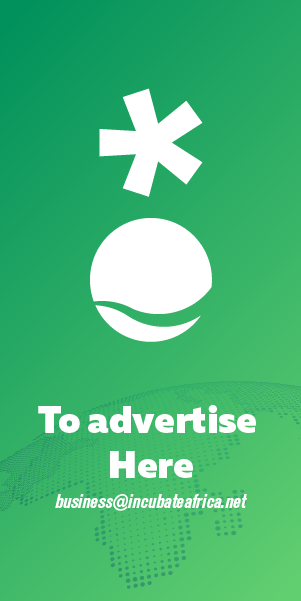2nd Merck e-health accelerator cohort kicks off

Three startups have been selected to form the second cohort of global science and technology firm Merck’s e-health accelerator, receiving US$15,000 each, with no equity demanded in return.
Disrupt Africa reported in January Merck launched its equity-free e-health accelerator programme in Nairobi, – the programme already successfully established in Germany – aiming to foster the growth of Africa’s high potential, early-stage e-health startups.
The three-month Merck Accelerator Africa programme sees chosen startups in the field of digital health given US$15,000 in funding – with no equity taken in return -, and provided with coaching, mentoring, access to Merck’s global networks.
The first programme ran from April to June this year, culminating in a Demo Day where potential investors and partners were invited to see the graduating startups present their businesses.
Three startups hailing from Kenya, Ghana, and the US, have now been selected to join the second cohort, which kicked off last week in Nairobi.
Kenyan startup PreMedicus has developed an advanced self-diagnosis mobile app for accurately and rapidly connecting acutely ill people with the right care provider in the right setting at the right price.
Ghana’s MedRX provides an App for patients to order their required medication online from the Pharmacy closest to them.
VeriPAD, from the US, manufactures and sells drug anti-counterfeiting solutions. To authenticate their medications, users simply crush their pill onto a piece of chemically pre-treated paper, dip the paper in some water, and take a picture with our Android smartphone app which then verifies the medication.
The three successful startups were selected from among 140 applications from 30 countries around the world; although Merck said applicants were predominantly Africa-based.
“It is amazing that not only the quantity of applications but also the quality of applications has substantially increased from the first intake to the second intake of the Merck Accelerator Africa,” said Karina Fassbender, innovation facilitator at Merck.
“Also, the diversity of backgrounds and origins has increased as well. That made it easier to find not only the right startups that match our programme, but also to find synergies within the current intake and with our Alumni startups.”
The second edition of the accelerator is being hosted at Metta Nairobi, operated by Nest.
In addition to the funding, and acceleration over the course of three months, one of the startups on the programme will be selected to travel to Merck’s newly opened hub in Silicon Valley, in January.
Source Disrupt Africa











